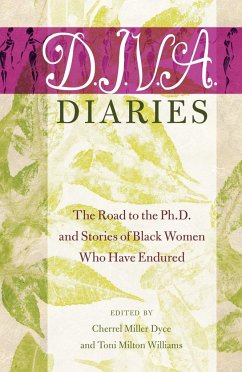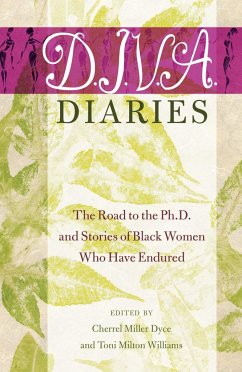
Women Faculty of Color in the White Classroom
Versandkostenfrei!
Sofort lieferbar
40,50 €
inkl. MwSt.

PAYBACK Punkte
0 °P sammeln!
What is it like for women of color to teach in predominantly white college classrooms? This anthology is about the pedagogical implications of diversifying the faculty of higher education. It compiles narratives by women professors of color who interrogate their classroom experiences in predominantly white U.S. campuses to examine the impact of their social positions upon their classroom practices and their teaching-learning selves. The authors reflect upon their unique classroom challenges and talk about the teaching-learning strategies they use to find rewards in their interactions with stud...
What is it like for women of color to teach in predominantly white college classrooms? This anthology is about the pedagogical implications of diversifying the faculty of higher education. It compiles narratives by women professors of color who interrogate their classroom experiences in predominantly white U.S. campuses to examine the impact of their social positions upon their classroom practices and their teaching-learning selves. The authors reflect upon their unique classroom challenges and talk about the teaching-learning strategies they use to find rewards in their interactions with students. This anthology explores the larger question of how social distinctions shape classroom social life and will be a resource for those concerned with enabling the diversification of the faculty of institutions of higher learning.












